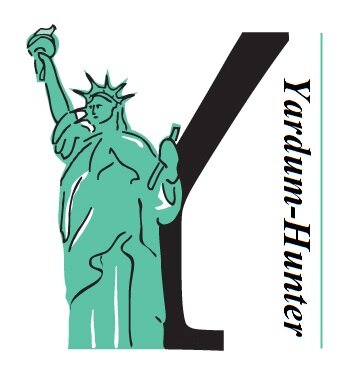Alice Yardum-Hunter has gave more than 40 talks and published over 25 articles, mostly on various business immigration topics. Her speeches have varied widely in regard to venue and audience, from lawyers to students and from the local to international levels in newsprint, radio and video before audiences. Some of her recorded talks are subject to copyright of AILA.org, ilw.com and lacba.org, which are available through those sites.
She edited two books for the American Immigration Lawyers Association: A Sampler for Current Practice: Writings and Agency Materials, California Chapters Conference Handbook (1997) and Representing Professionals Before the Department of Labor (1992). She also authored a chapter in ILW.com's Consular Posts Book.
Alice Yardum-Hunter created legal precedence a number of times in her career. First, through her work on a H-1B case, the Administrative Appeals Office of the United States Immigration and Naturalization Service (now titled, "Citizenship and Immigration Services") published a decision in 1990 holding the field of Purchasing Management is a specialty occupation for H-1B purpose. Second, because of her correspondence with William Ho-Gonzalez, then General Counsel of United States Immigration and Naturalization Service in 1993, a still existing "gold standard" of permissible, non-discriminatory nationality inquiry of any job applicants was established by the United States Department of Labor. Finally, in part because of her 1998 correspondence with former Congressman Brian P. Bilbray (CA-49th District), new legislation was passed and signed into law which increased the amount of H-1B visas, provided for 10,000 scholarships per year in STEM for low-income students, and established job training for thousands of Americans.
Nearly 15 Years in a Row
Ms. Yardum-Hunter has been rated 10.0 since AVVO began.
"Our Ancestors...possessed a right, which nature has given to all men, of departing from the country in which chance, not choice has placed them, of going in quest of new habitations, and of there establishing new societies, under such laws and regulations as, to them, shall seem most likely to promote public happiness." - Thomas Jefferson, 1774






